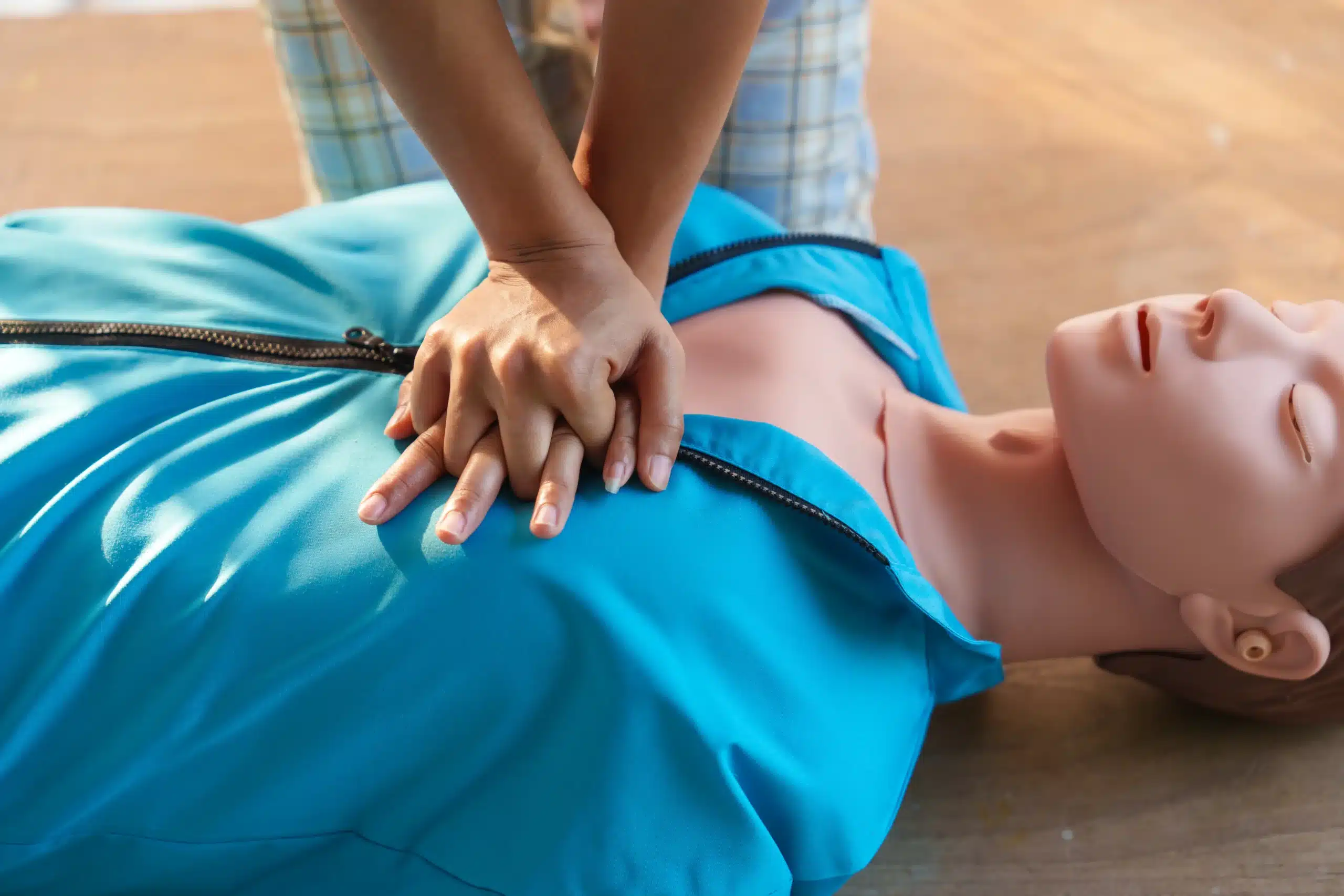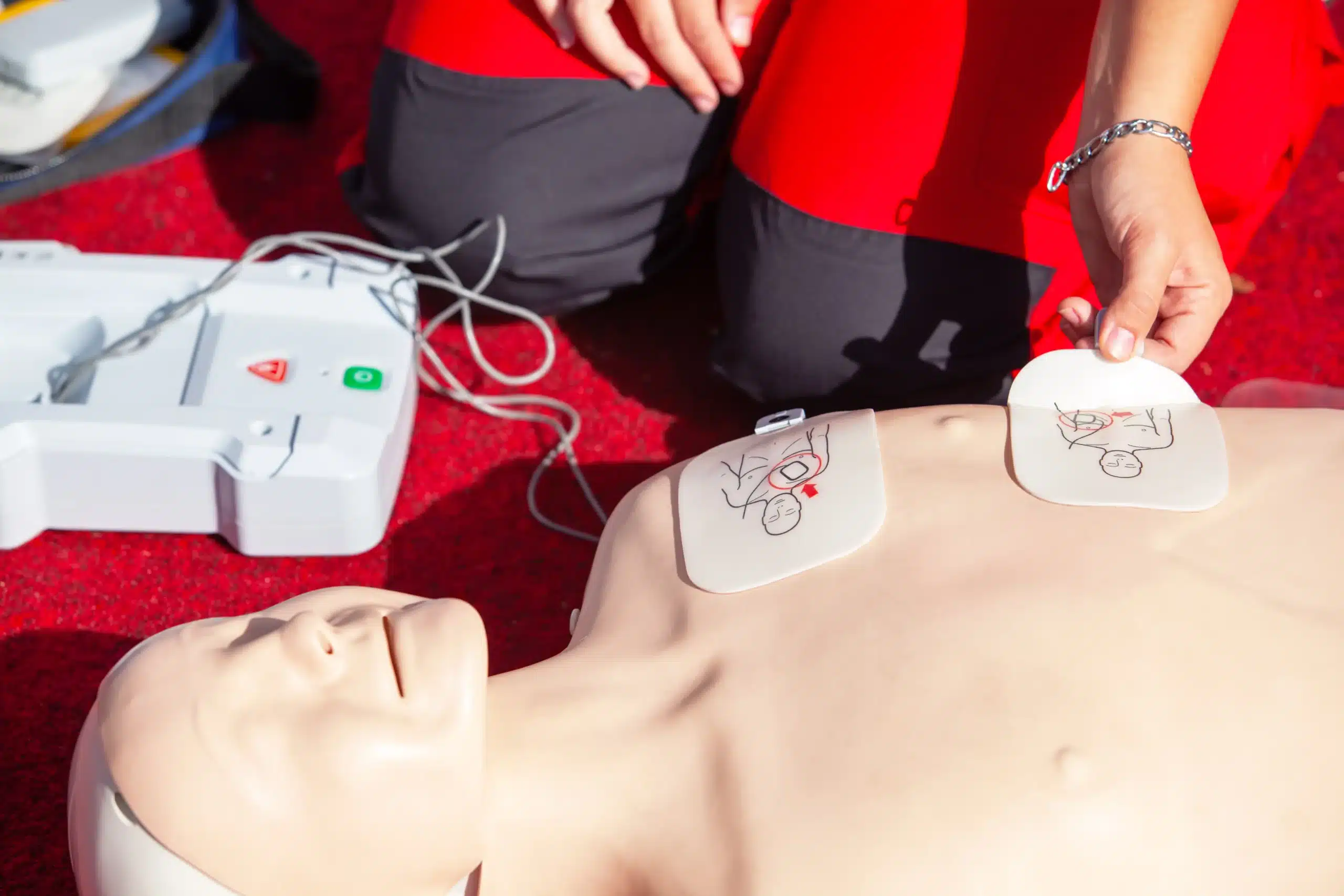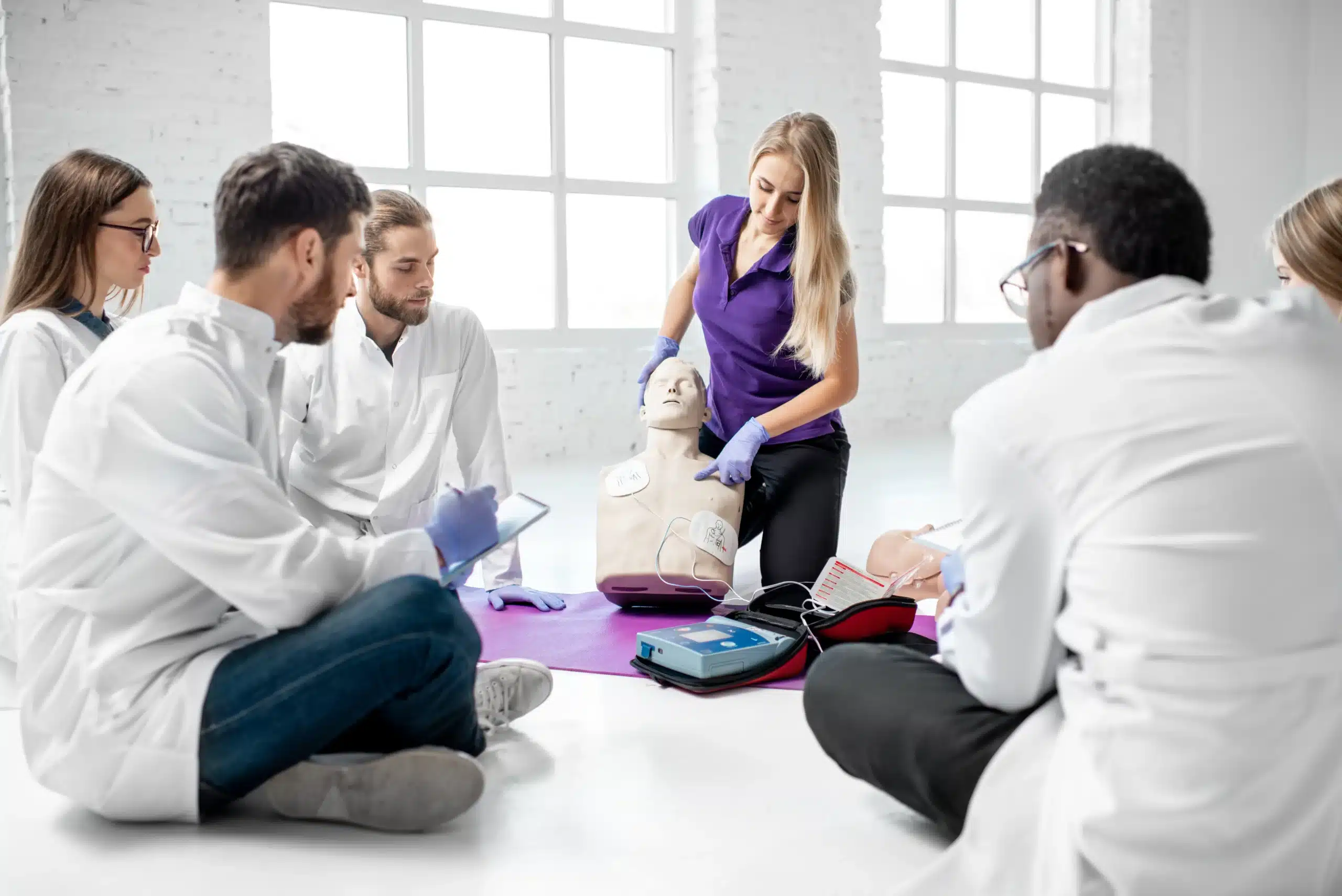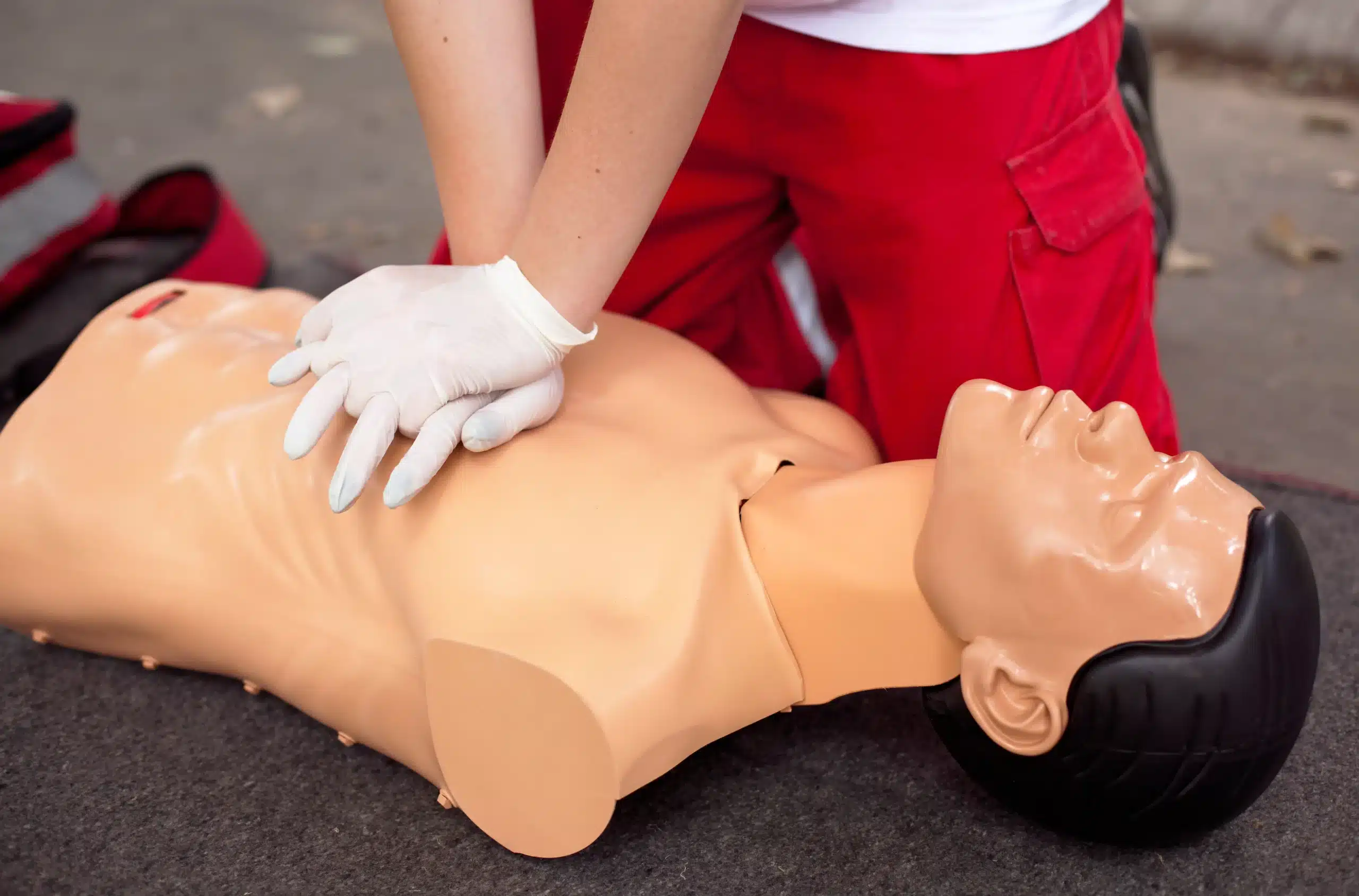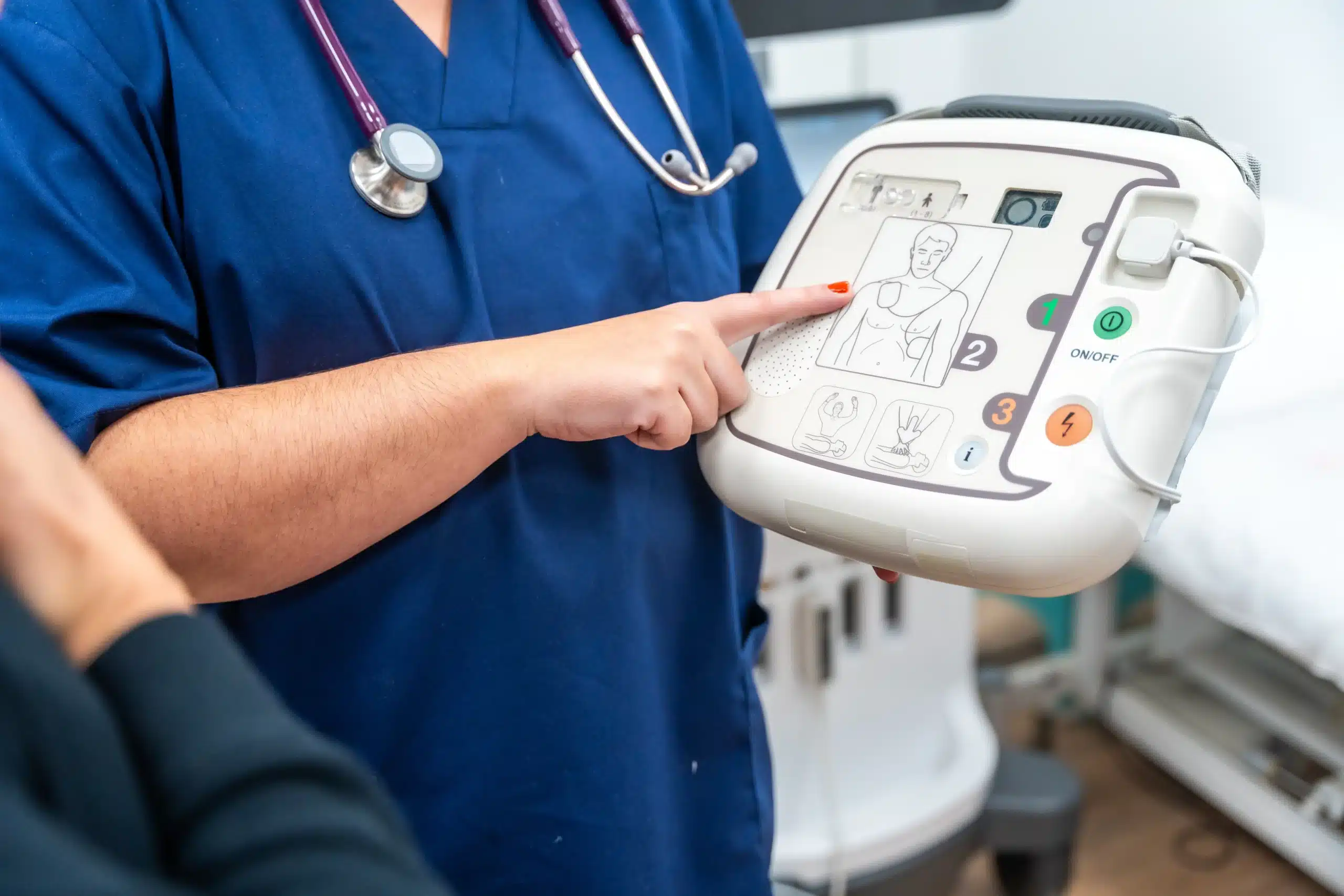If you’ve survived CPR, you’ve already overcome one of life’s most harrowing experiences. While the physical recovery process involves careful monitoring and rehabilitation, the psychological aspect is equally vital but often overlooked. The trauma of a near-death experience combined with sudden revival can create immense emotional and mental challenges.
This guide will help you understand the psychological effects of life after CPR, explore coping strategies, and outline why addressing mental health is essential for full recovery. Whether you’re a survivor, a caregiver, or a healthcare professional, this resource will offer clarity and actionable strategies for navigating psychological recovery.
Understanding the Psychological Impact of CPR
Surviving CPR is a unique experience with profound emotional and mental effects. The psychological toll begins immediately and can extend long after the physical wounds have healed.
Immediate Emotional Responses
Imagine experiencing a life-threatening event without warning. Fear, confusion, and anxiety are nearly universal for survivors after being resuscitated. Many report disorientation and struggle to process the sheer gravity of what they went through. This heightened state of alertness often resembles Acute Stress Disorder (ASD).
Common Symptoms of ASD in CPR Survivors:
- Flashbacks to the cardiac arrest event
- Hypervigilance or feeling constantly on edge
- Difficulties concentrating or sleeping
Many survivors feel as though their safety has been shattered, leading to pervasive fear of another crisis.
Long-term Mental Health Challenges
The psychological impact doesn’t stop at initial stress. Studies published in Resuscitation Journal reveal startling statistics:
- PTSD prevalence ranges from 19% to 27%
- Depression affects 14% to 45% of survivors
- Anxiety disorders are present in 13% to 61% of cases
Long-term effects can include survivor’s guilt—an overwhelming sense of responsibility for having lived while others may not—and reflections on mortality. Survivors often question their life’s purpose, experience existential concerns, or struggle to adjust to a new normal.
Adjustments to Worldview
After experiencing near-death, many survivors report profound changes in their outlook. Some find hope and inspiration to make the most out of life’s second chance, while others feel weighed down by fear and uncertainty.
Statistics consistently highlight the need for early mental health interventions to guide survivors through recovery.
Coping Strategies for Survivors and Families
While the psychological struggles post-CPR can feel overwhelming, survivors don’t have to face them alone. These practical coping strategies can help manage emotional well-being and build resilience.
Mindfulness-Based Techniques
Mindfulness practices are powerful tools for calming the mind and reducing stress:
- Meditation helps train the brain to focus on the present moment instead of reliving past traumas.
- Journaling provides a safe outlet to process emotions and track progress.
- Breathwork and yoga encourage relaxation and release physical tension.
Building Support Networks
The road to psychological recovery is faster and smoother with strong support systems. Leaning on family and friends can lessen isolation, but survivor-specific networks can be game-changing.
Recommended Communities:
- The American Heart Association Survivor Network: Organized forums allow survivors to connect, share, and feel understood.
- Online Support Groups: Platforms like Facebook and Reddit house active communities for CPR survivors.
Support networks can ease feelings of loneliness and help foster shared understanding within a compassionate community.
Lifestyle Adjustments
Healthy lifestyle changes are vital for mental and physical recovery. Building sustainable habits ensures survivors rebuild trust in their bodies:
- Exercise regularly (even light activity like walking)
- Prioritize balanced nutrition full of heart-healthy foods
- Stick to consistent sleep schedules to regain energy and emotional stability
Establishing routines fosters a sense of normalcy amid life changes.
Seeking Professional Help
Sometimes, self-care isn’t enough. Professional mental health services are invaluable for managing severe psychological challenges:
- Cognitive Behavioral Therapy (CBT): Helps reframe negative thought processes.
- Eye Movement Desensitization and Reprocessing (EMDR): Effective for reprocessing traumatic memories often linked to PTSD.
- Trauma-Focused Counseling: Specifically equipped to handle survivor guilt and existential dilemmas.
Tips for Finding a Therapist:
When seeking help, look for mental health professionals specializing in trauma or health-related anxiety. Psychology Today’s searchable database is a great place to start.
Remember, psychological recovery is not a sign of weakness but a transformative part of healing.
Why Psychological Recovery is Essential
Focusing on mental well-being is more than a matter of emotional health; it directly impacts physical rehabilitation. Studies show that managing stress reduces strain on the cardiovascular system, improving heart health and overall recovery outcomes.
Integrating psychological healing with physical recovery ensures long-term resilience. Survivors who address their mental health feel empowered, leading to better reintegration into their families, work, and social lives.
Connection Between Mindset and Healing
When survivors feel equipped to manage their emotions and traumas, they report improved focus on:
- Following rehabilitation programs
- Adopting positive lifestyle changes
- Building meaningful connections, which bolster emotional stability
Healthcare providers and families should treat mental well-being as fundamental to recovery.
Practical Tip:
Empowering family members to undergo CPR training can create a sense of readiness and security among survivors. Organizations like the American Heart Association offer accessible training programs in CPR and First Aid, Basic Life Support (BLS), Advanced Cardiac Life Support (ACLS), and Pediatric Advanced Life Support (PALS).
Encourage healthcare teams to incorporate psychological resources as part of post-CPR care plans, creating holistic approaches that address survivors’ total well-being.
Fostering Resilience and Moving Forward
Psychological recovery for CPR survivors is a complex but rewarding process. By understanding the emotional impact, adopting coping strategies, and prioritizing mental health, survivors can regain control of their lives.
To all CPR survivors reading this—you’ve already shown incredible resilience. Seek support, practice mindfulness, and take one step at a time. The road ahead requires patience, but recovery is absolutely achievable.
If you know someone navigating this experience, share this resource. And encourage your loved ones and community organizations to consider CPR training. Not only does it save lives, but it builds a network of readiness to address trauma.
Together, we can ensure bright futures for all survivors.

